Issue 10: Compulsory Party / Passive Aggressive
HOTEL TOKYO
PHOTOGRAPHY BY YOSHIYUKI OKUYAMA
WORDS BY HADARRAH MORE
Hotel Okura in Tokyo, viewed as an architectural midcentury modern masterpiece, was originally opened in 1962 for the 1964 Olympics. In a strange twist of cyclical fate, the hotel has recently shut its doors to make way for a larger and more profitable luxury hotel, talking six stars here, for the 2020 Olympics. Hotel Okura closed this August and the sound of the closure could be heard globally.
The hotel was revered by many as a Tokyo landmark, be it to lodge or just visit for a martini at the Orchid Bar and a stroll around the uniquely designed space. Okura was built in the early sixties and equally embodied modernist architecture and the Japanese cultural concept of “wa” or what we can call harmony. The interiors are absolutely magical. Think minimal and modern with a subtle twist of Japanese culture weaved throughout, for example the seating in the main lobby was arranged to look like plum blossoms with light fixtures above that resemble lanterns. Hotel Okura was a Tokyo oasis and created a world that was so polar to our actual modern world that it was really cherished by those that crossed its threshold.
There was quite a frenzy after the closing was announced - magazines, creative directors and architecture firms all rallied in hopes that the hotel could be saved. Sadly, that did not happen and even with all the nostalgia and aesthetic love in the world at the end of the day money talked in this situation. The hotel was in limbo, not being old enough to be preserved and not new enough to be attracting the luxury market which put it in a bit of a Bermuda Triangle. The building was just not sustainable for the current market.
The Ise Shrine comes to mind when thinking about the Hotel Okura. The Shrine is torn down and rebuilt every twenty years with new materials which is done as a physical expression of the Shinto belief of death and renewal. In another cyclical twist of fate, the new architect appointed to design the hotel is Yoshio Taniguchi, who happens to be the son of one of the original architects of Okura. Yoshio has the claim to fame of The Museum of Modern Art in New York under his belt, so we will have to see what his contemporary vision for Hotel Okura will be. There is a Japanese saying which loosely translates as “things present are judged by the things past.” Many people look forward to seeing what the new Okura will hold, and hopefully we will not be disappointed.

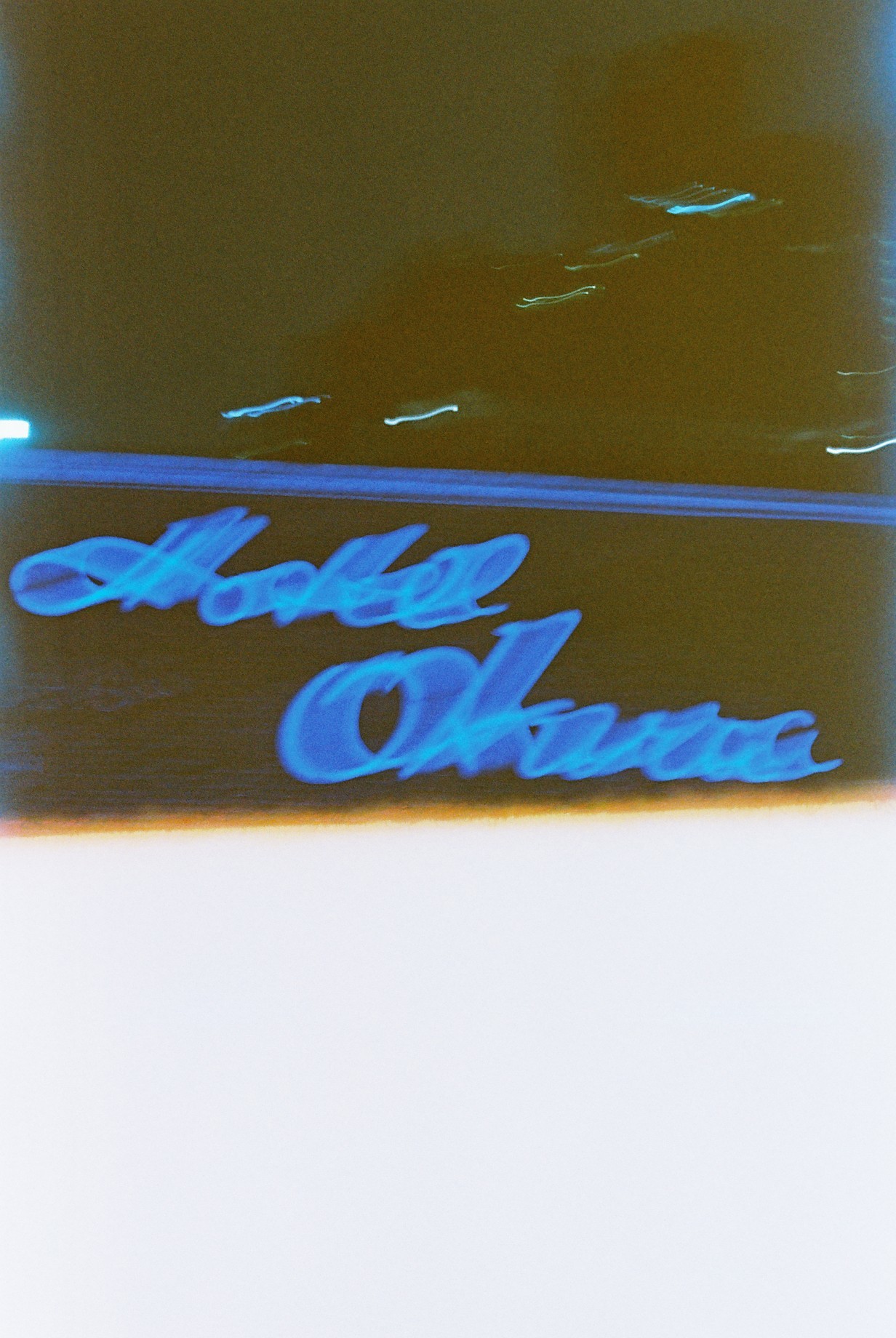
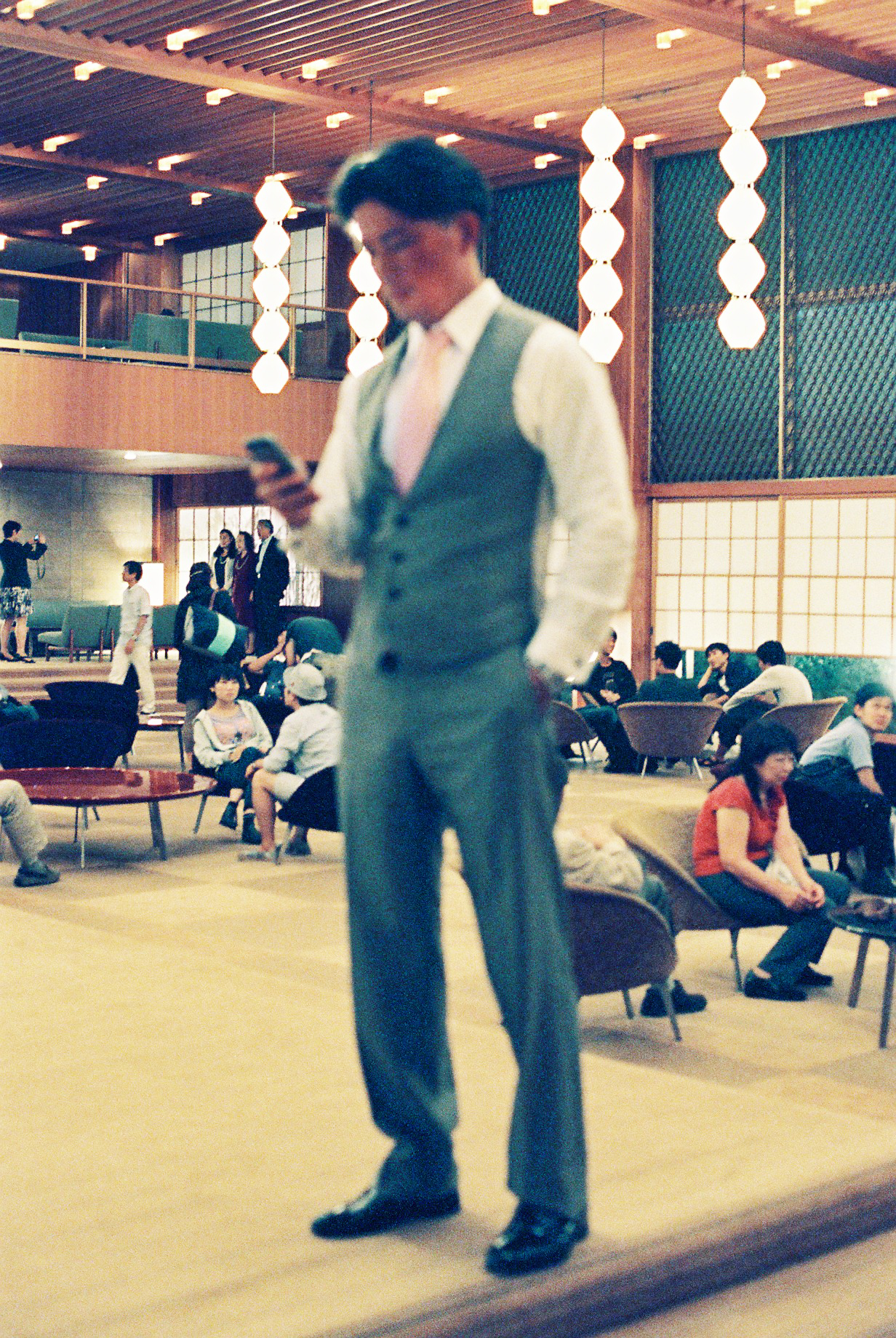
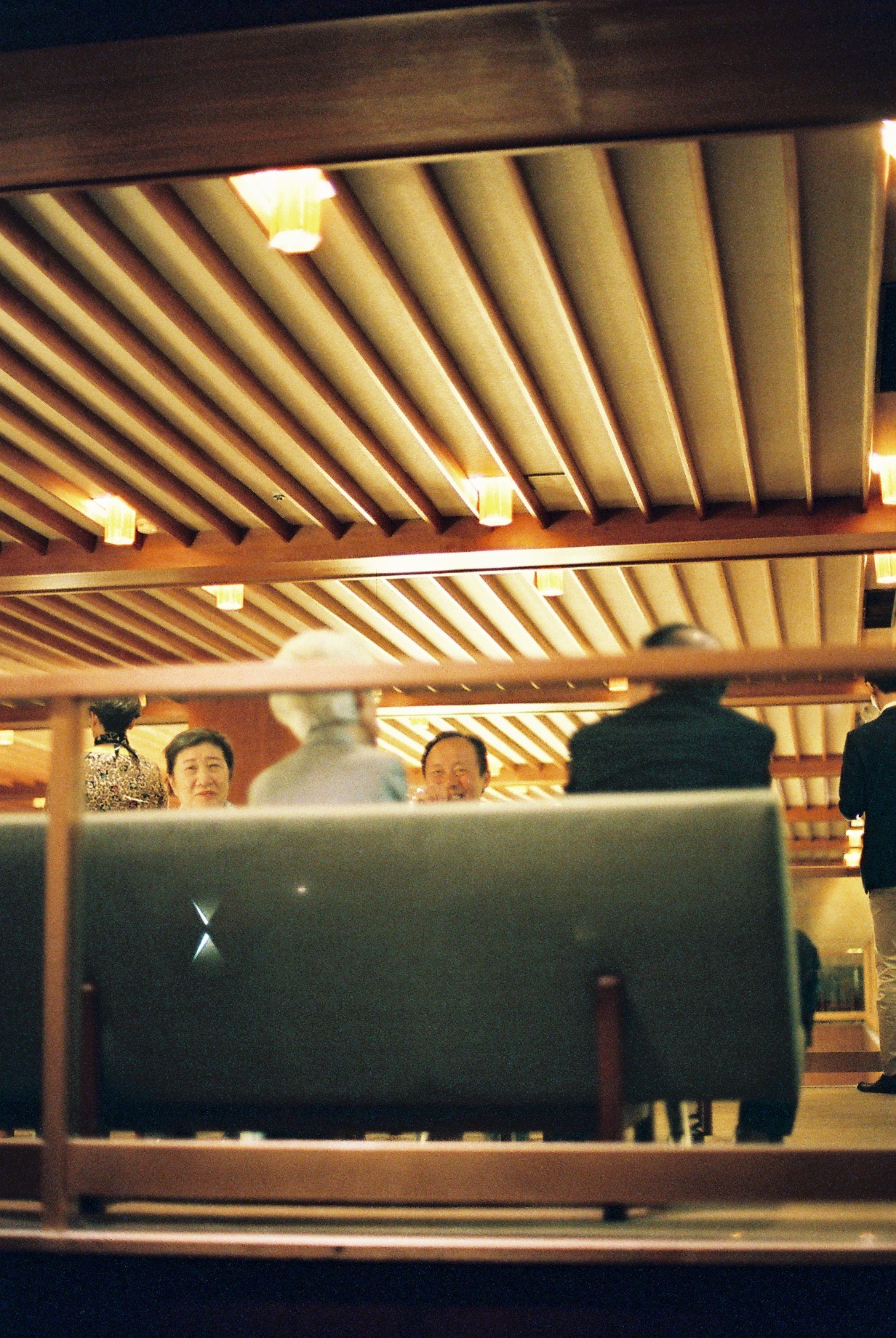

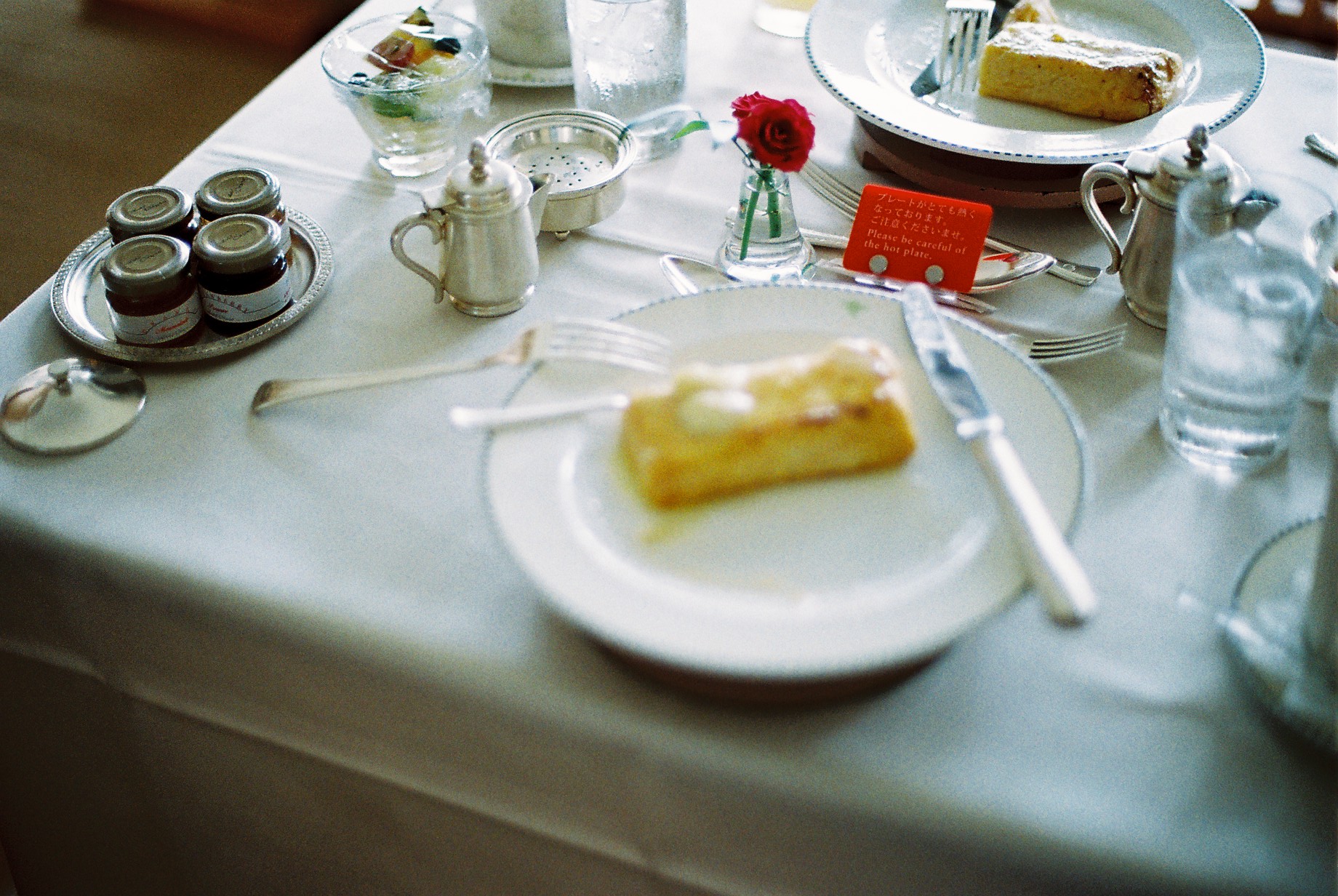
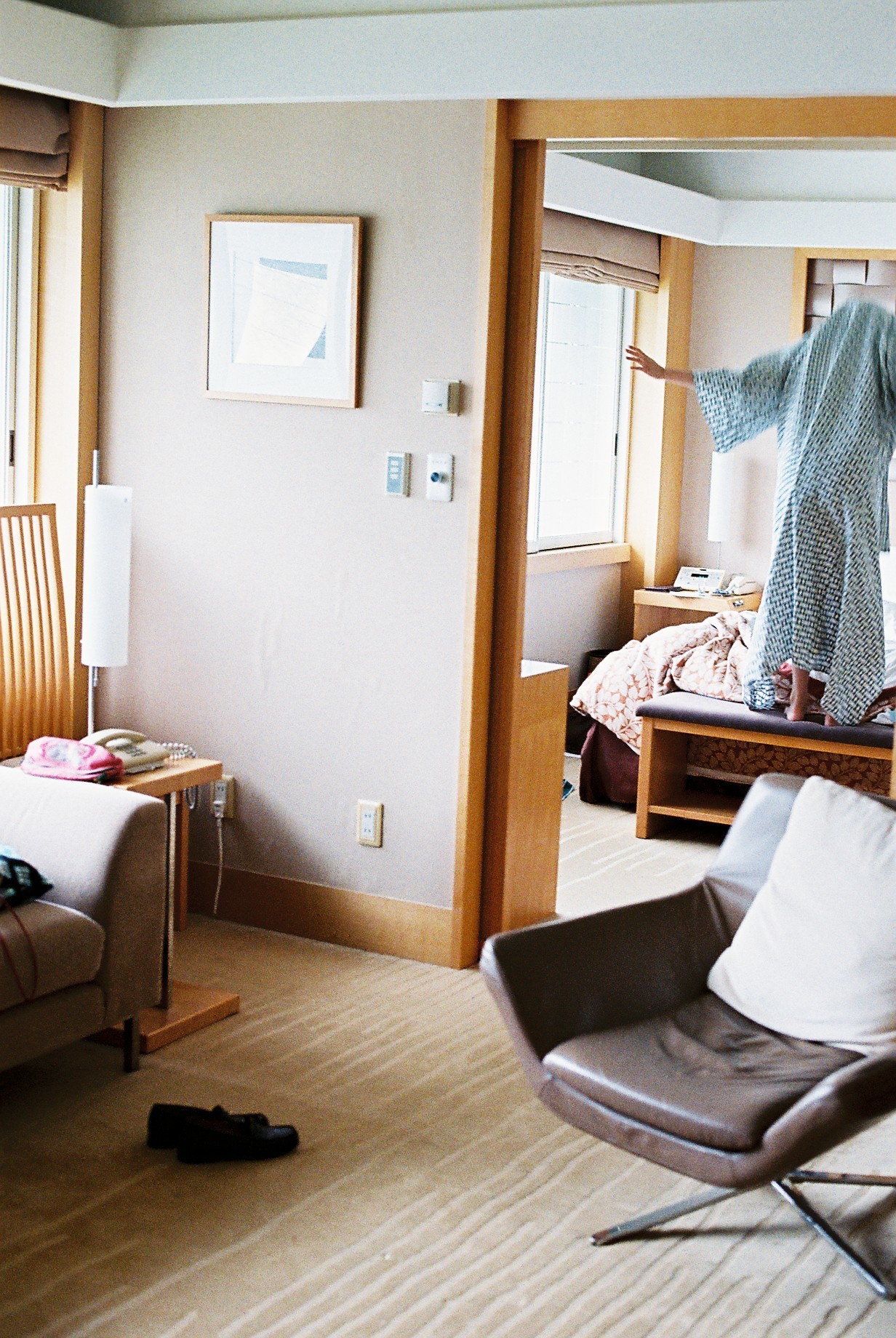
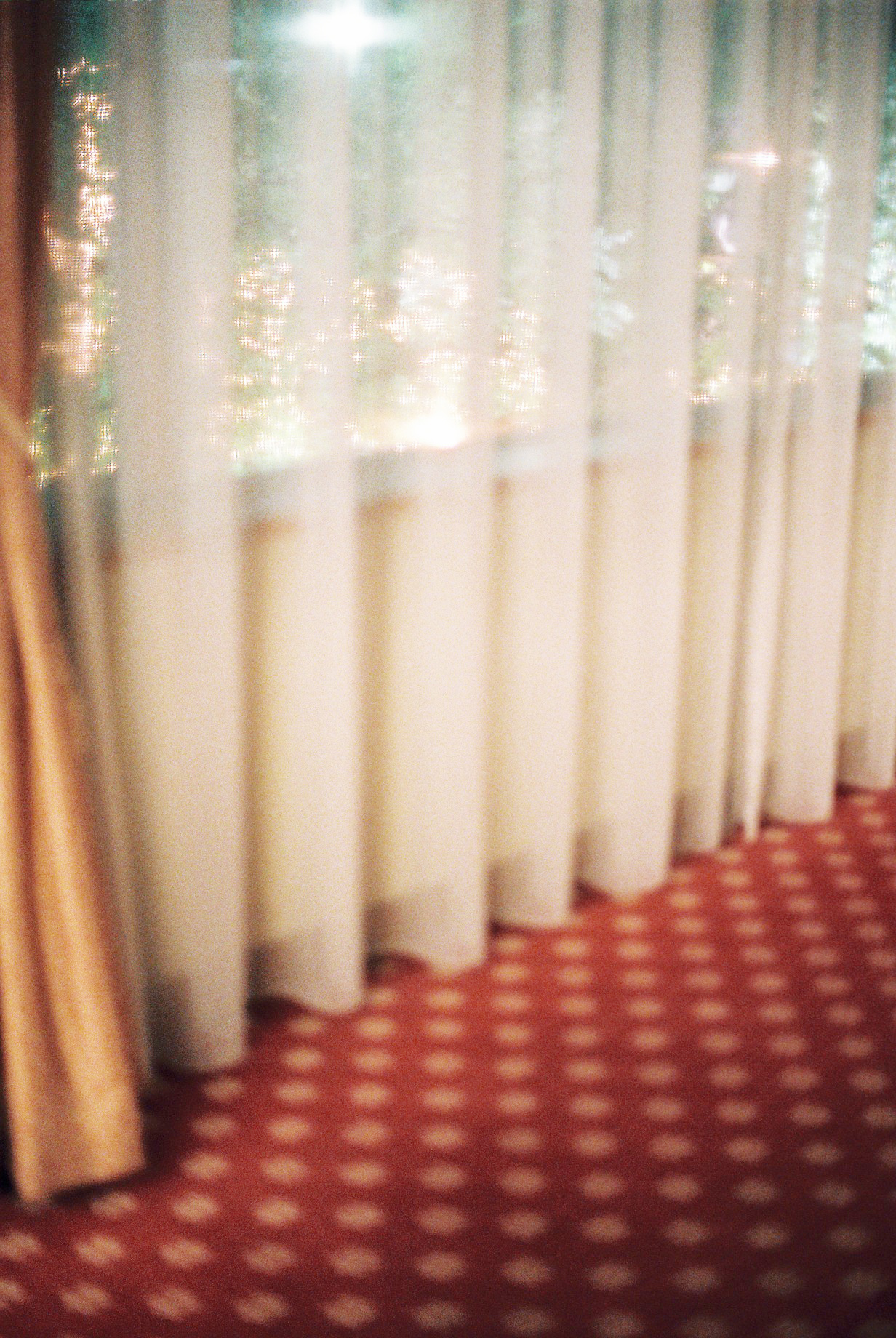
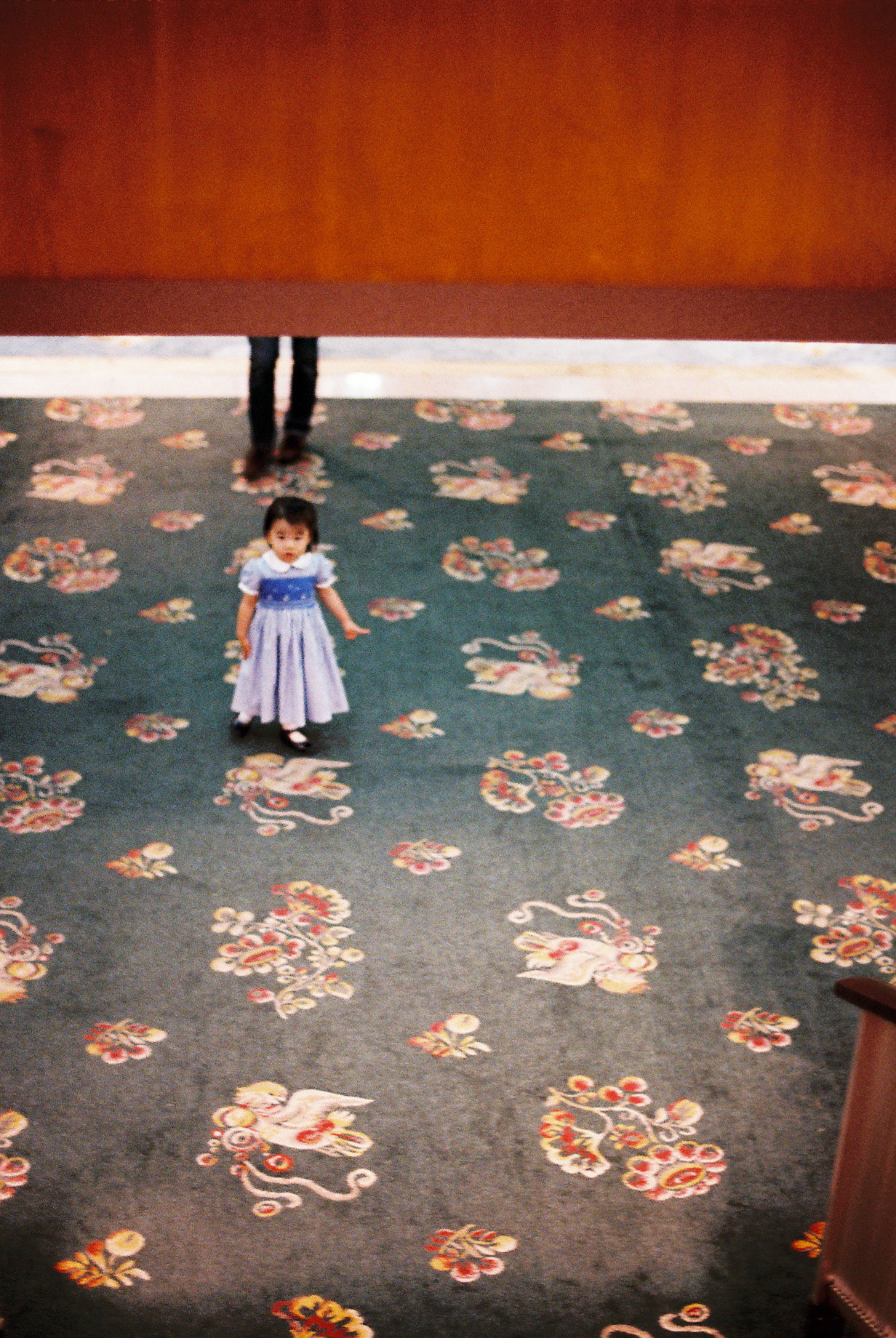

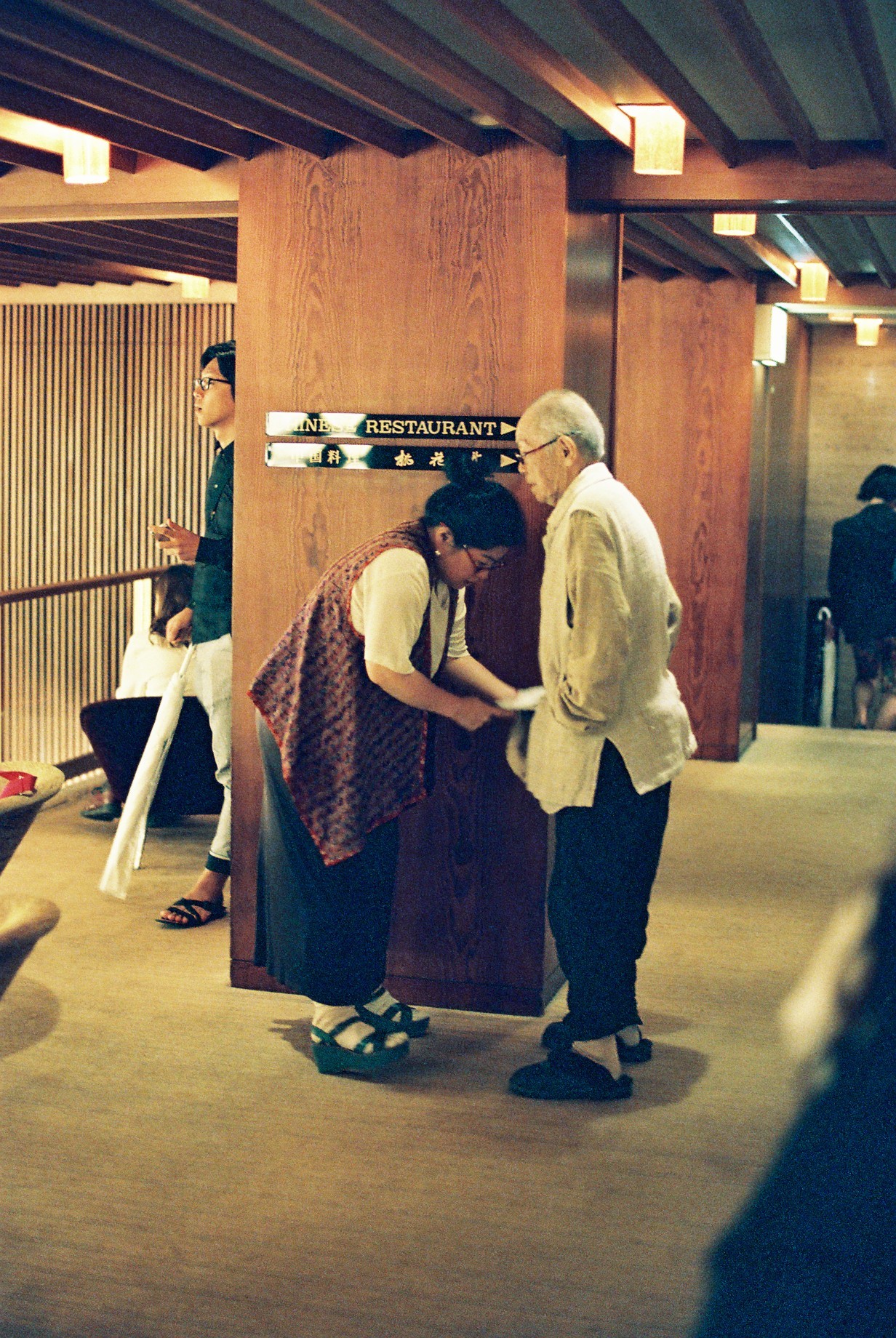

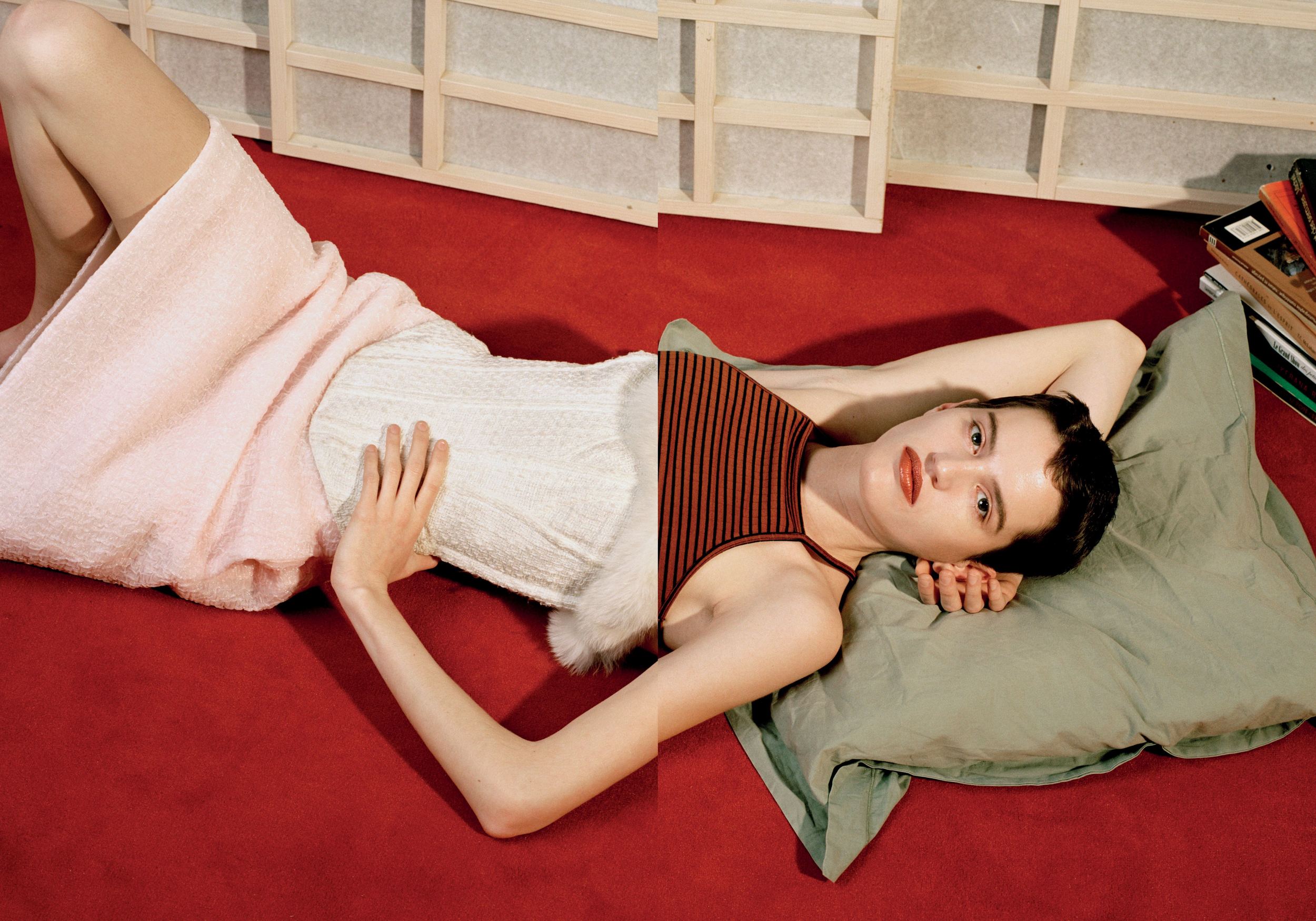
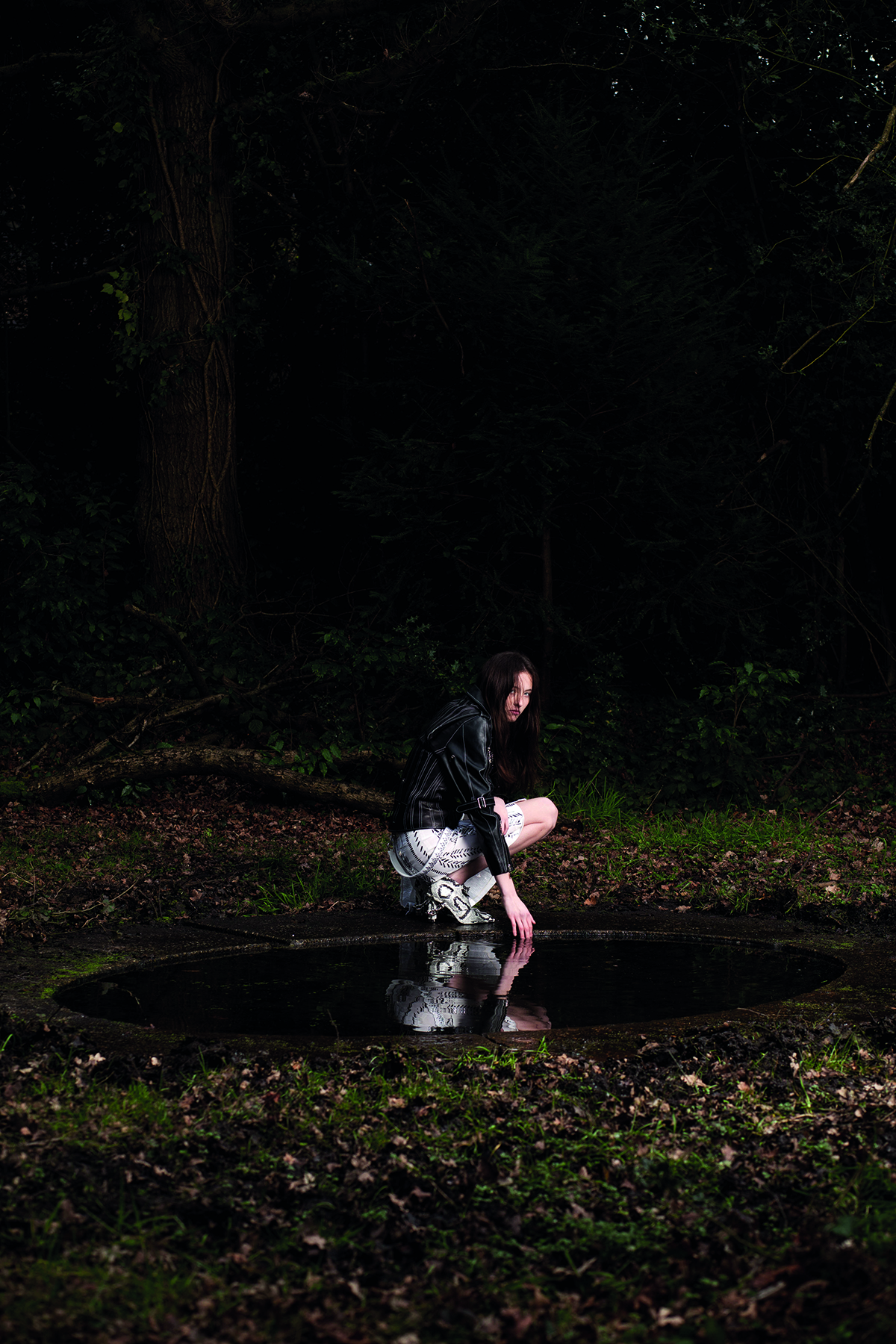
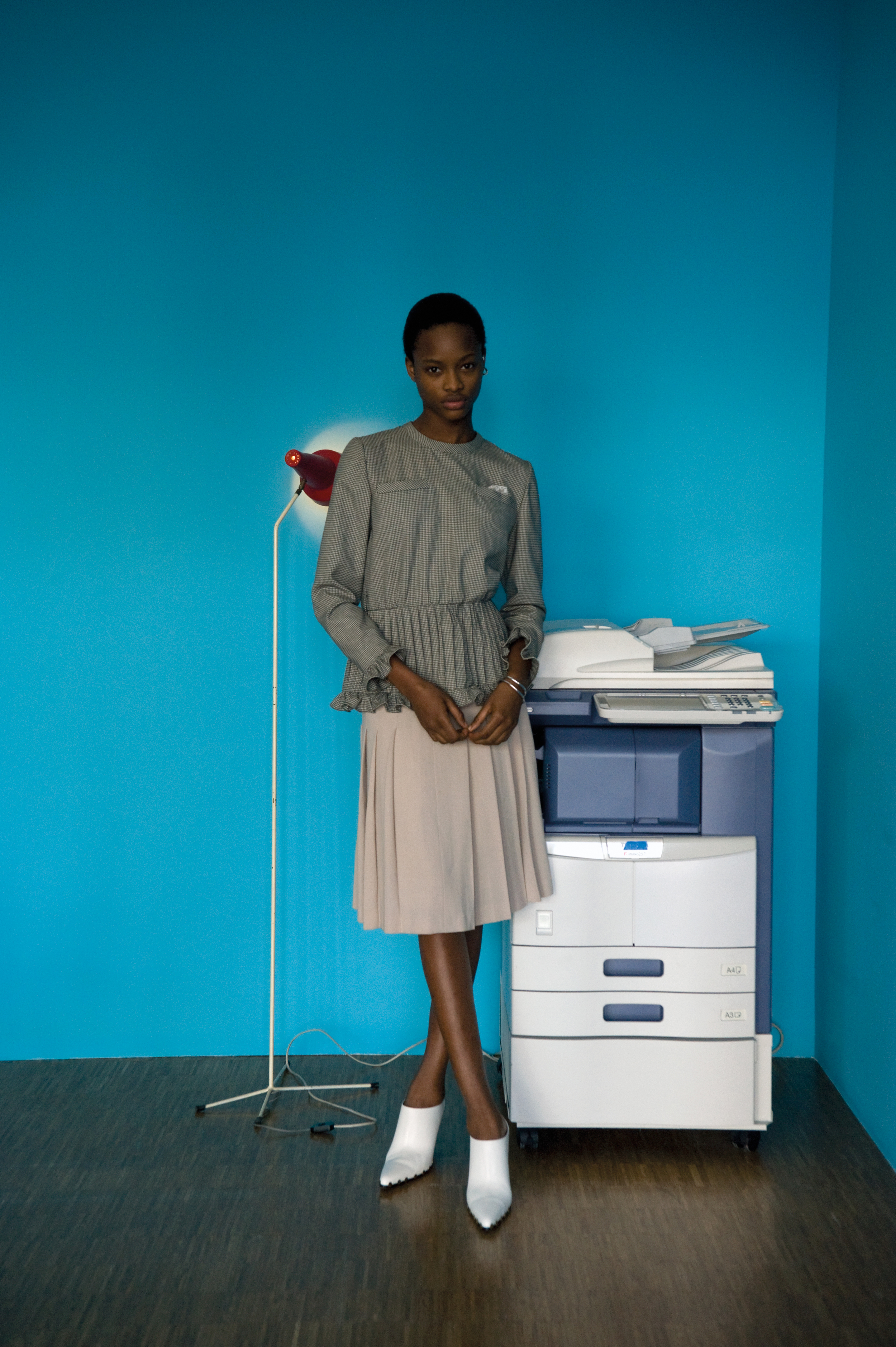




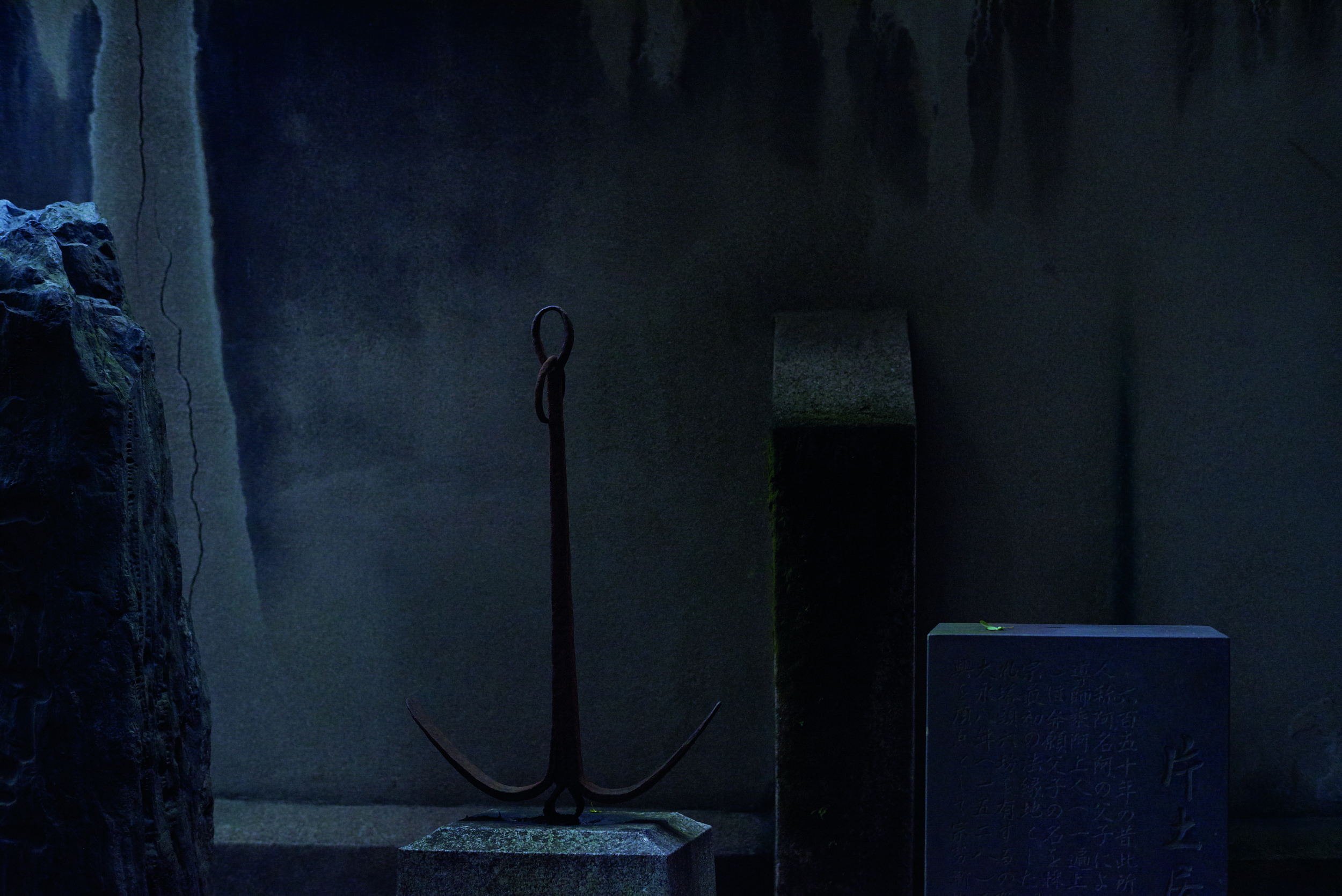
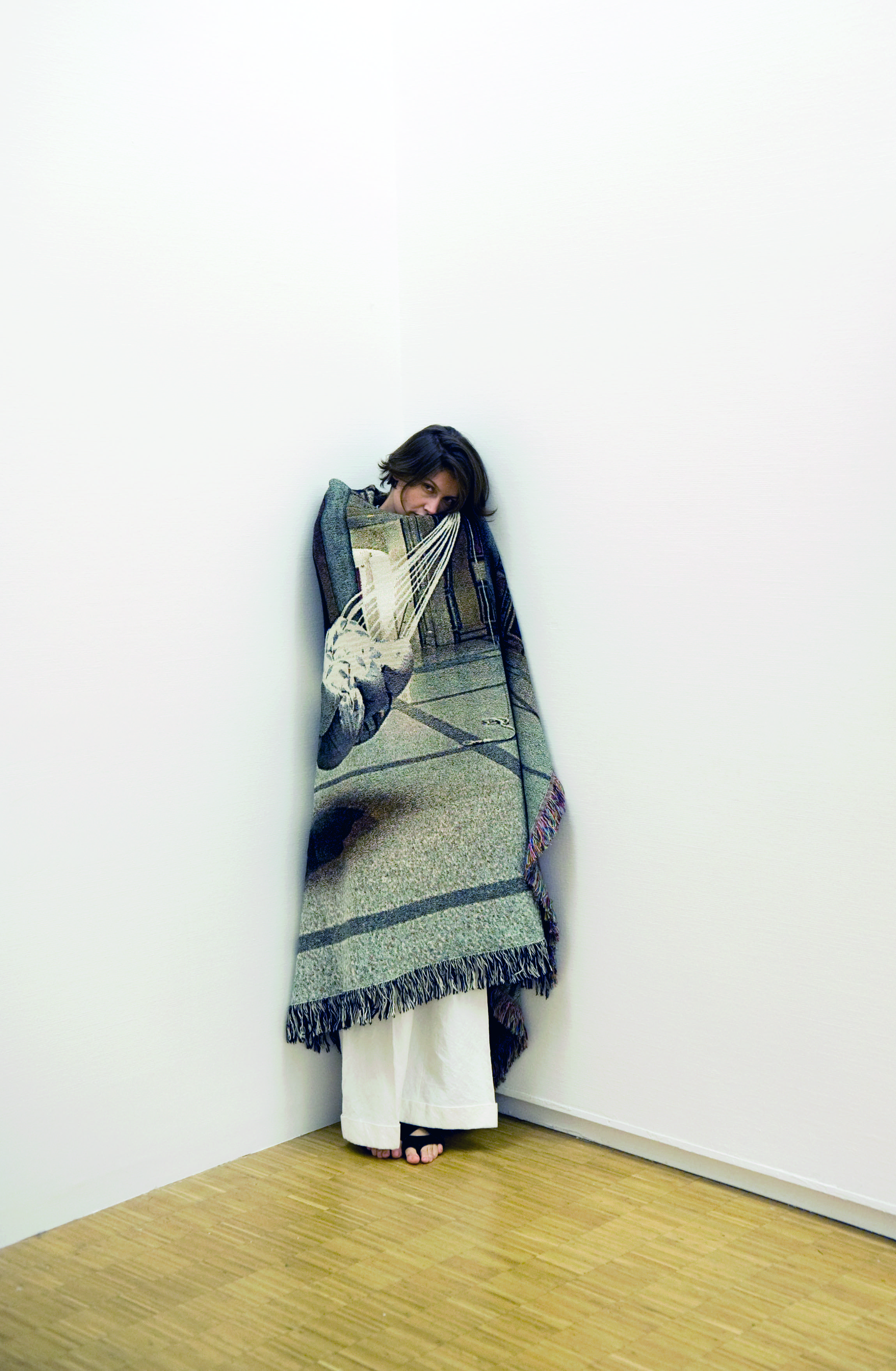
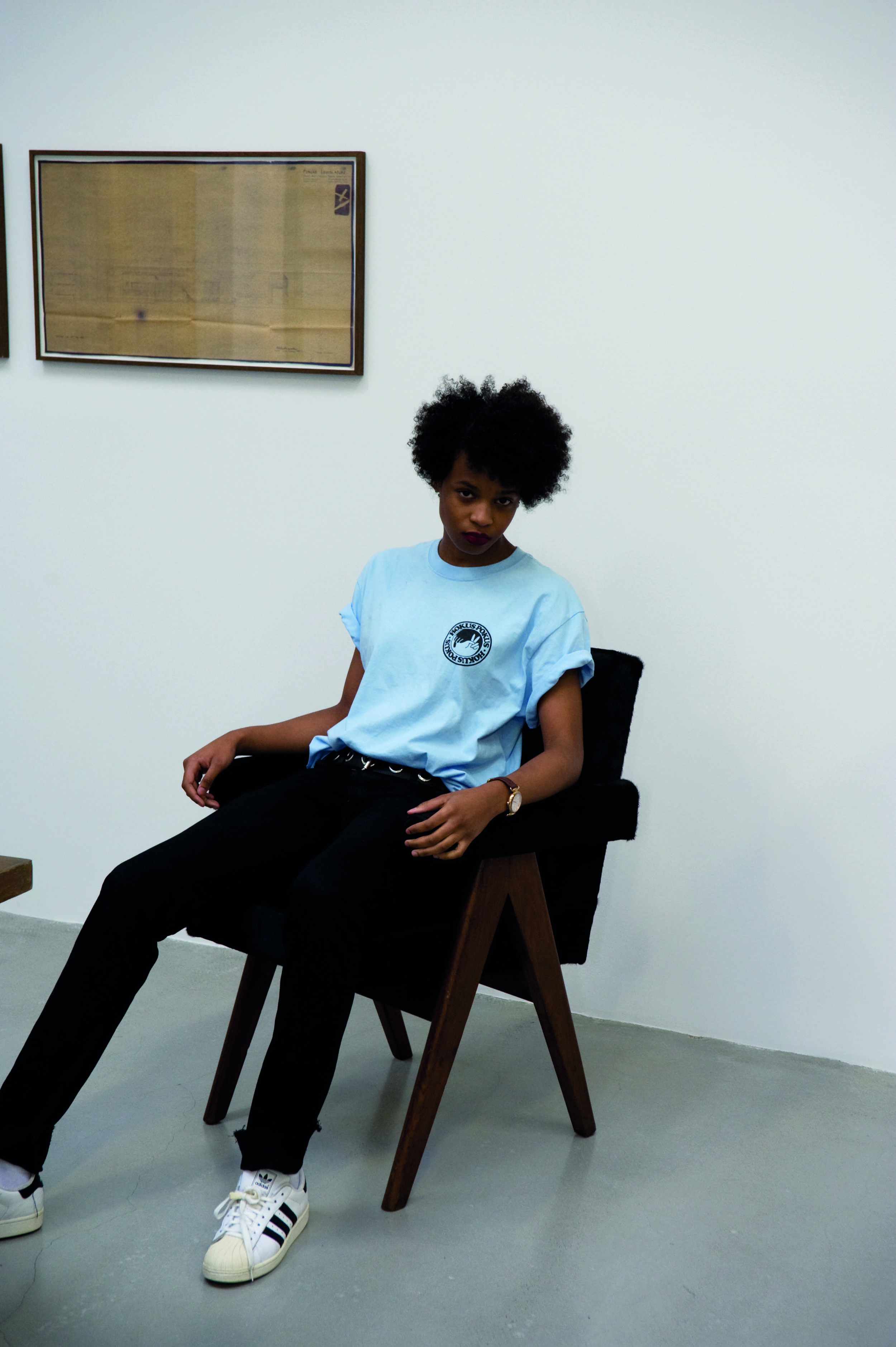


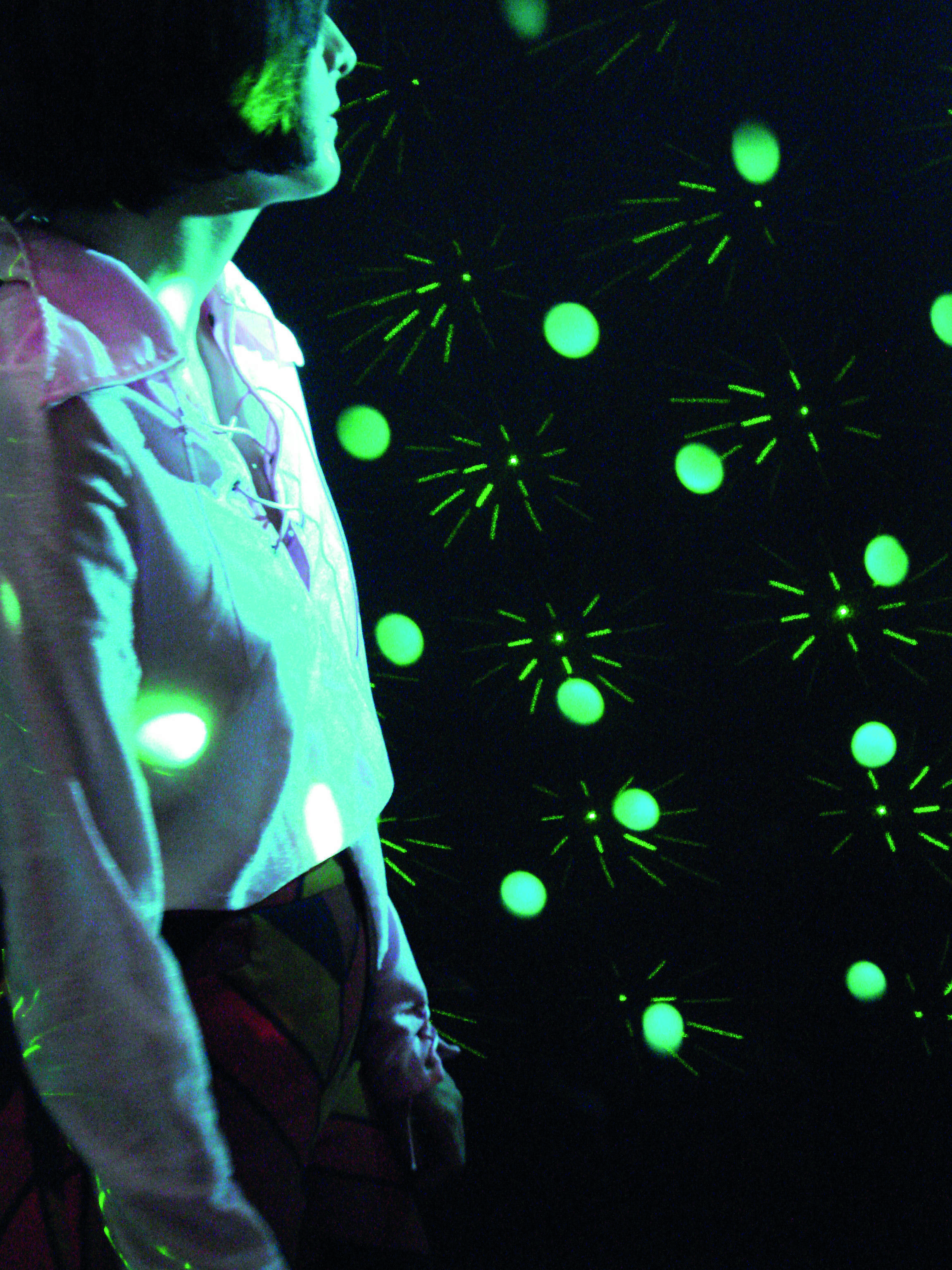

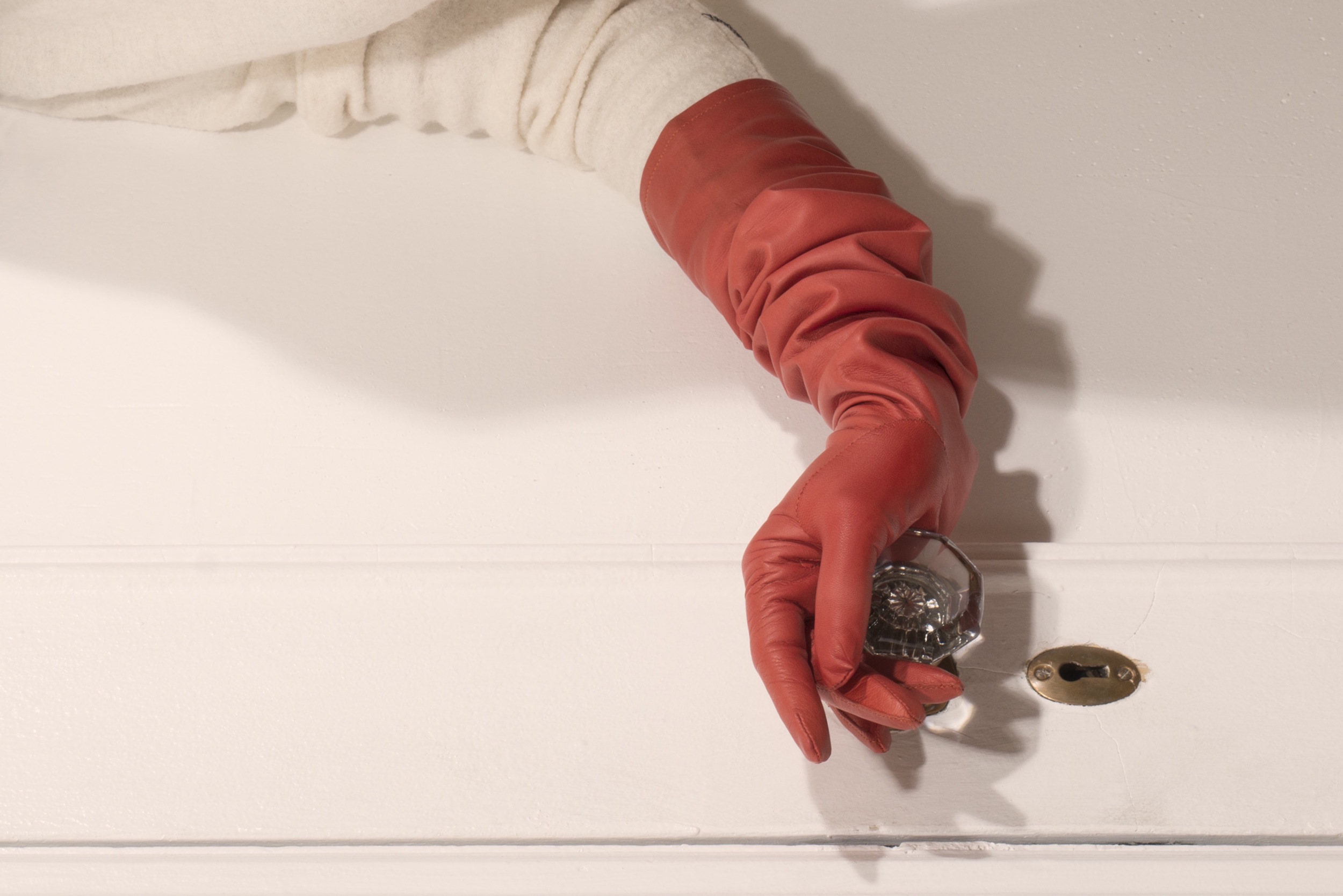
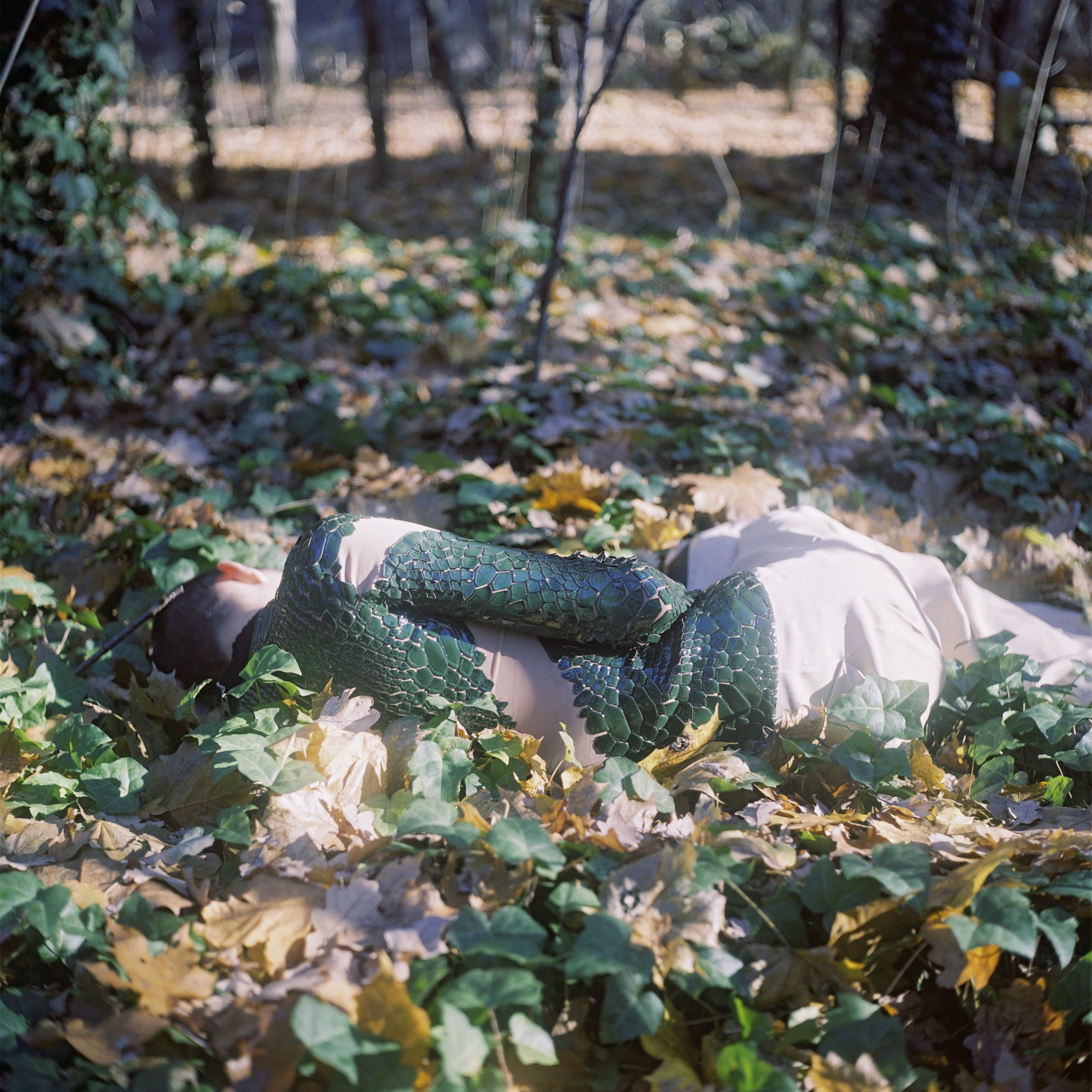



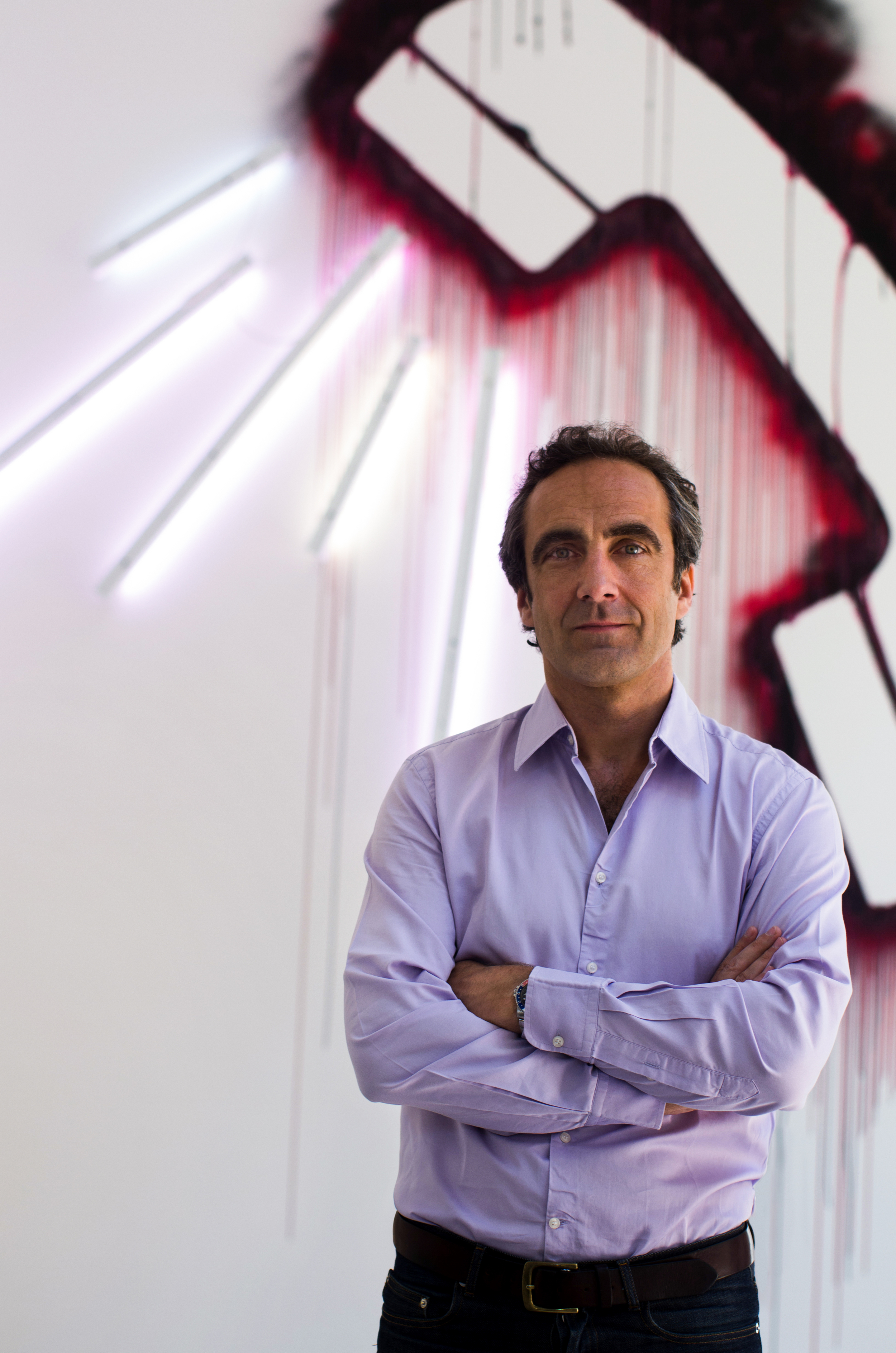

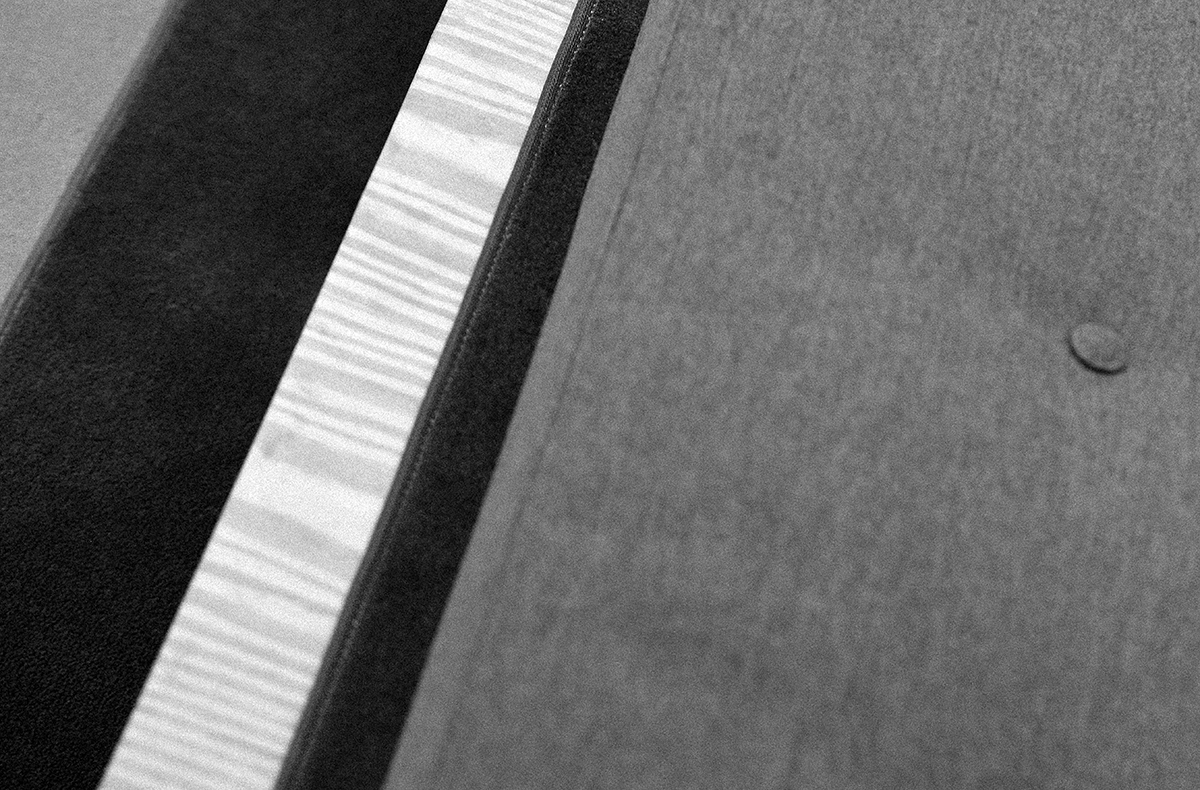

Hotel Tokyo / Yoshiyuki Okuyama / Hadarrah More